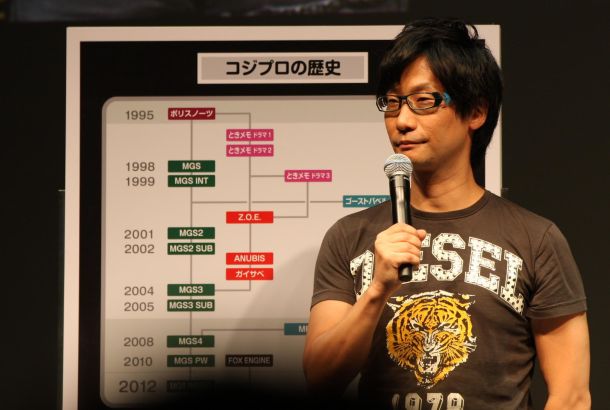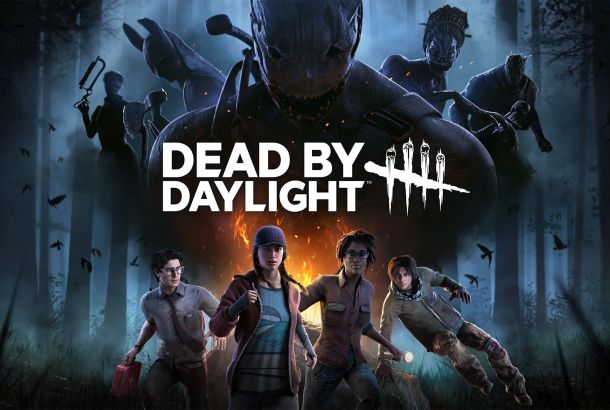From £50 to free: the truth about monthly games
By Danny Jones

Not so long ago, I wrote a piece about ‘Remastering and Box-setting’, which touched upon the value of individual games when stacked up against a bundle, such as Assassin’s Creed: The Ezio Collection, or Halo: The Masterchief Collection, for instance.
Well, when turning on my PS4 a couple of weeks ago and jumping on to the PlayStation Store to renew my PS Plus membership, I was quickly prompted to check out the free monthly games on offer before January came to a close. It was at this point that I became immensely excited upon seeing the line-up that awaited me.
Not only was there the usual variety that covers the various Sony platforms currently supported — PS4, PS3, PS Vita, as well as games that work across all three — but there were two games that I was genuinely stoked to play: Deus Ex: Mankind Divided and Batman: The Telltale Series.
The point in me telling you this is that during the summer of 2016, when what became the second next-gen instalment of the Deus Ex franchise was released on the 23rd of August, it would have cost me around £50 — money that, I’m sure you’ll understand, as a student, I simply didn’t have at the time.
So, imagine my shock when I saw that a game I once couldn’t afford was now being simply offered to me for free — if we ignore the price of PS membership, which I would have been paying for, regardless.
In truth, shock is much too strong a word: in fact, it’s to be expected that although you might pay the full RRP for a game in its first week, you’re more than likely to see it for a tenner less the week after. Nonetheless, it was a welcome surprise.
The same was the case with Telltale’s Batman as well: having come out around a similar time to Deus Ex and having been impressed by everything Telltale had done up to that point (Walking Dead, Game of Thrones, Tales From the Borderlands), I had, in what felt like no time at all, gone from utterly gutted that I couldn’t purchase it, to absolutely ecstatic that is was now somehow free.
This sparked the question in me of just how valuable our beloved games really are? And is it really worth anywhere close to what we pay for around release date, if I can log on to Amazon in a month, a year or two, to find it for a measly £7, or even just £12 in GAME?
I am specifically referencing that same Deus Ex game here and, yes, two years might seem like a long time, but in the world of gaming, its really not; you only have to realise that it’s coming up to 3 years since Fallout 4 was dropped to understand just how quickly time flies when you’re knee deep in base-building and singing along to the old-timey bangers coming out of your Pip-Boy.
I don’t wish to crack anyone’s rose-tinted glasses here, as I know how much we love games and certainly nothing’s going to stop me grabbing the nearest copy of, say, Red Dead 2 as soon as it comes out; but when we are so invested — quite literally — in this habit called gaming, if we looked at each title we own as an asset, their value doesn’t really seem to hold up at all.
When breaking down what would have been the supposed cumulative value of PlayStation’s monthly bundle for January, the figure I came in around £133 in total, yet I got them for £19.99 which would have been forked out for my online access anyway. Bargain, right?
Put even simpler: last year PlayStation gave out over $1287 in free monthly games according to a Polygon news piece, which translates to just under £920 — yes, you heard me right, that’s not too far off a grand’s worth of free games. Per person. Let’s not forget, you can buy an annual membership to PS Plus for just £50.
So, why then does the value of games depreciate so rapidly over the course of a few months, and why so drastically after a year or two? How can something we often see as a luxury turn so quickly into a mundane commodity? And why do we fall for the sales pitch every time? The key word here is we.
Of course, this isn’t such a revelatory discovery: the prices of products in every corner of every market start high and typically drop over time; but not, I would argue, at the rate we see in games. It is precisely because of how we, the gaming community, operate, that this is possible.
Though not exclusive to gaming, the industry is a prime of example of a consumer base which is obsessed with being first: first to buy, first to play, even first to review! We’re willing to pay what is evidently a largely inflated price compared to only a few months later, because of the simple reality that Kotaku writer Keza MacDonald touches upon: we’re not worried about wasting money, we’re more concerned with wasting time.
I’m sure you’ve all had that elitist moment where rather than simply enjoy the game itself, you get drawn into childish competition; all your satisfaction comes from getting online and achieving a high rank before your friends, or even racing to level up in single-player before them just so you can get bragging rights as they tell you their inferior stats and inventory.
That being said, the rationale appears to be that we almost pay a premium to get in there early: we are the equivalent of YouTube comment that simply reads ‘First!’. That’s an awful comparison we must reconcile ourselves with, one way or another.
Perhaps then, monthly games don’t just show us a more realistic valuation of what our games are worth in reality as opposed to in our gung-ho, tunnel-visioned heads, but what the overwhelming value of our time is.







